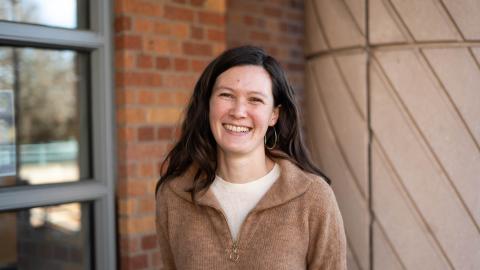Stories from the blog

Tackling climate change by the numbers
From infectious diseases to wildfire smoke, new faculty member Marissa Childs predicts how climate change will influence health
LEARN MORE
Jobs with the highest cancer deaths in the U.S.
Occupation is an important contributor to cancer burden in U.S., according to new research by DEOHS faculty member Marissa Baker and collaborators
LEARN MORE
Air pollution linked with high blood pressure in kids
Children exposed to common air pollutant in the womb and infancy may be at higher risk for elevated blood pressure, DEOHS research finds
LEARN MORE
Looking out for “invisible” workers
New DEOHS Assistant Professor Rachel Sklar sparks solutions for marginalized workers and communities
LEARN MOREOur department helps create sustainable communities where everyone has access to clean air, clean water, safe food and safe workplaces.
More about DEOHS ❯DEOHS Newsroom
Glyphosate is driving a rift in MAHA. Here’s what the science says about its effects on health
February 27, 2026 | Scientific American | Featured: Lianne Sheppard ViewRepeal of EPA ‘endangerment finding’ endangers human health
February 25, 2026 | The Seattle Times | Featured: Howard Frumkin View6 foods that turn toxic when reheated - yet families keep eating them without fear
February 19, 2026 | MSN | Featured: Emily Hovis ViewTrump administration dropped controversial climate report from its decision to rescind EPA endangerment finding
February 13, 2026 | Inside Climate News | Featured: Kristie L. Ebi ViewForests don’t just store carbon. They keep people alive, scientists say
February 13, 2026 | Mongabay | Featured: June T. Spector View

